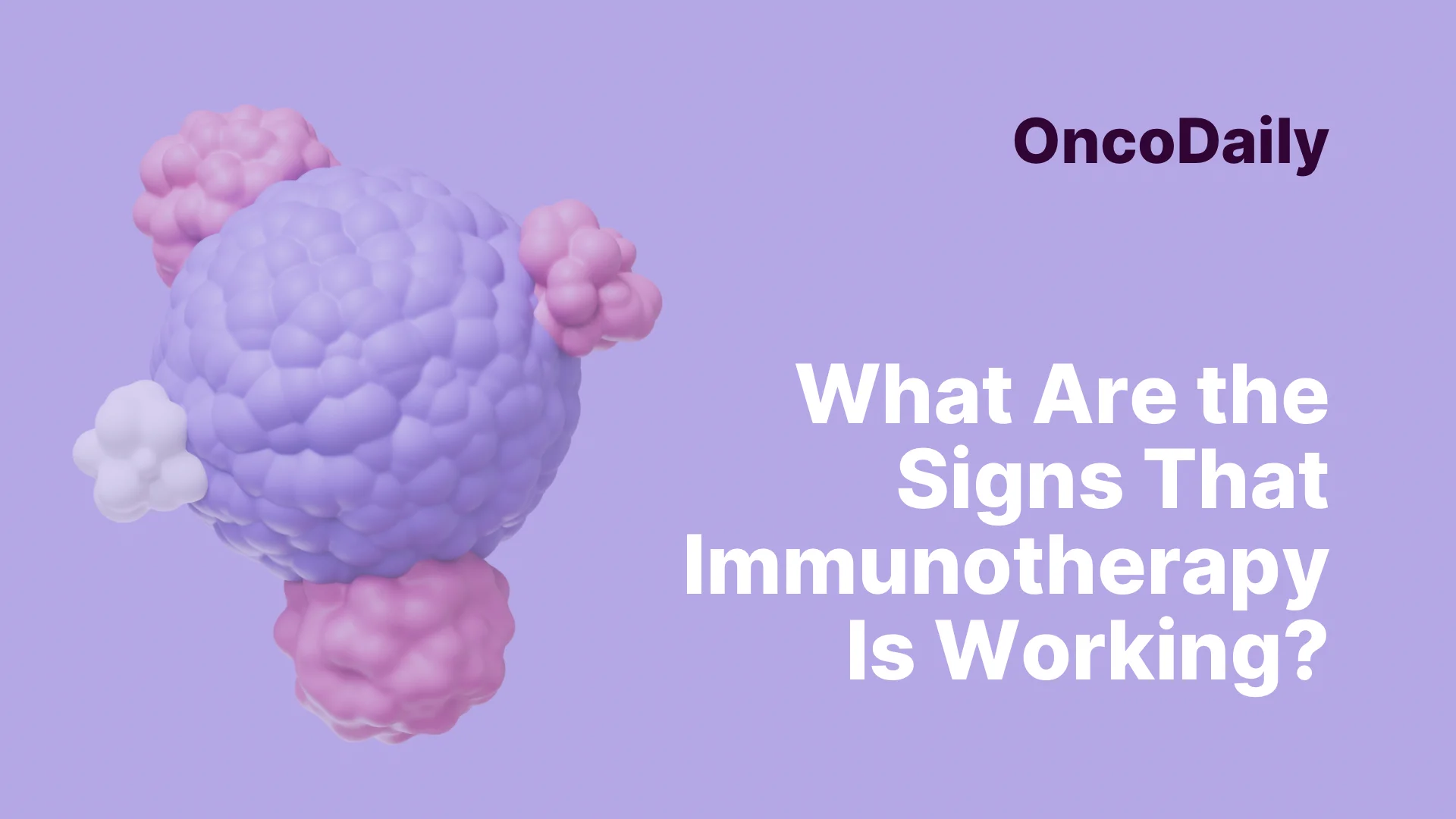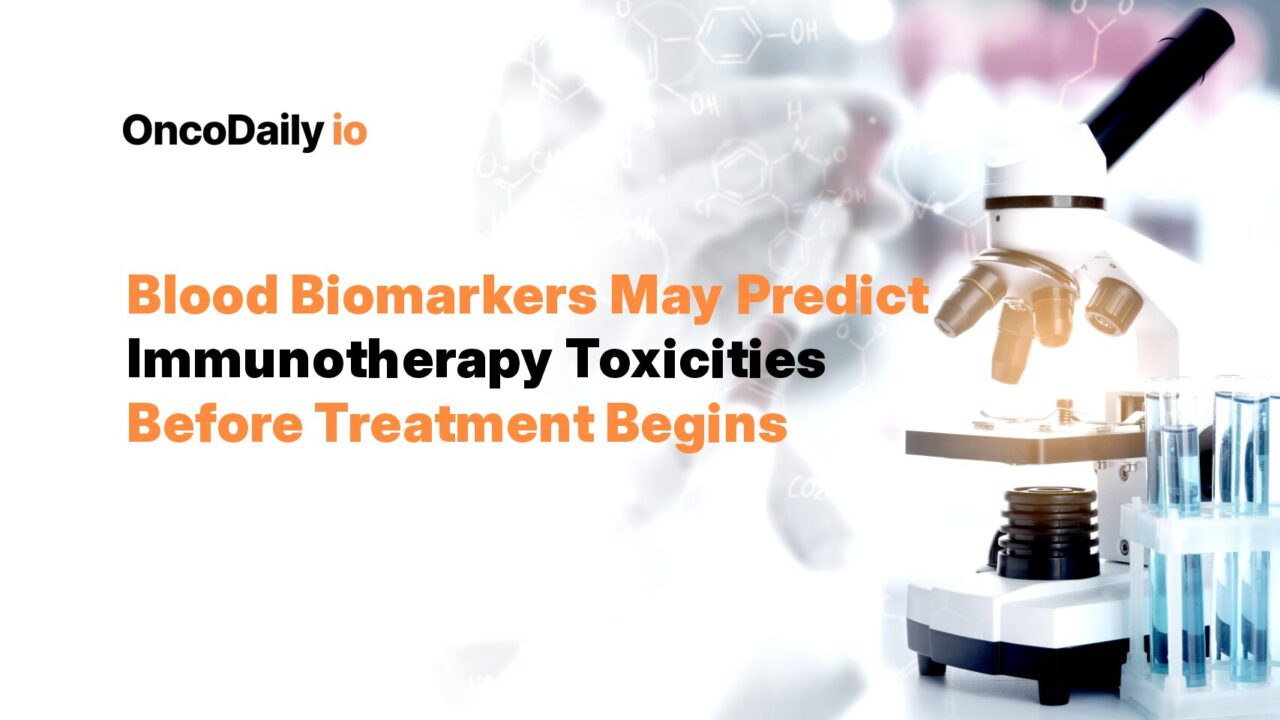Immunotherapy has transformed the treatment of multiple cancers, offering durable responses even in advanced stages. However, immune checkpoint inhibitors (ICIs) can also trigger immune-related adverse events (irAEs)—toxicities where the immune system attacks healthy organs. More than half of patients receiving ICIs experience side effects, ranging from mild to severe, yet predicting who will develop these toxicities remains a major clinical challenge.
A new study led by UT Southwestern Medical Center (UTSW) and published in the Journal for ImmunoTherapy of Cancer sheds light on this issue by identifying immune biomarkers in blood that may predict toxicity risk before treatment begins.
Study Overview
Researchers conducted a multi-omic biomarker analysis on blood samples from 162 patients treated with immunotherapy at UT Southwestern and Parkland Health. Samples were analyzed both before and after treatment initiation, with the goal of identifying immune signatures linked to side effect development.
The study is part of a decade-long effort at the Harold C. Simmons Comprehensive Cancer Center, where investigators have built an institutional registry of immunotherapy patients and biospecimens involving more than 800 participants.
Key Findings
Three major features were linked to higher risk of immunotherapy side effects:
- Elevated levels of antibody-producing cells and autoantibodies, suggesting a predisposition toward autoimmunity.
- Stronger activity of inflammatory molecules such as interferon-gamma, indicating heightened immune activation.
- Increased tumor necrosis factor (TNF) signaling, another hallmark of proinflammatory states.
Patients with these immune profiles were significantly more likely to develop irAEs once immunotherapy began.

You Can Also Read About What Are the Signs That Immunotherapy Is Working?
Expert Perspectives
Dr. David Gerber, Professor of Internal Medicine and Co-Lead Investigator, said:
“These findings reveal a clinically silent proinflammatory state that may predispose patients to toxicities.”
Dr. Mitchell von Itzstein, Co-Author, noted:
“If validated prospectively, these biomarkers could potentially be applied across all cancers treated with immunotherapy.”
Dr. Jeffrey SoRelle, Co-Author, highlighted:
“Identifying the molecular mechanisms behind these side effects may help predict which patients are at greatest risk and potentially provide guidance for the treatment of these toxicities.”
Clinical Significance
This study represents an important step toward personalized immunotherapy, where biomarker-based blood tests could:
- Identify patients at higher risk for severe side effects.
- Guide closer monitoring or preventive interventions.
- Enable safer expansion of immunotherapy into broader patient populations.
However, the authors stress the need for validation in larger, more diverse cohorts before these biomarkers can be integrated into clinical practice.


